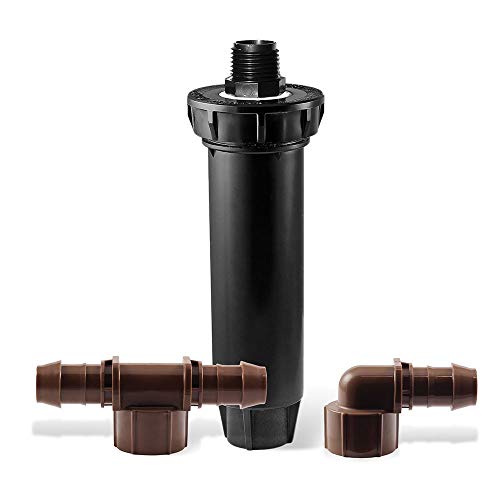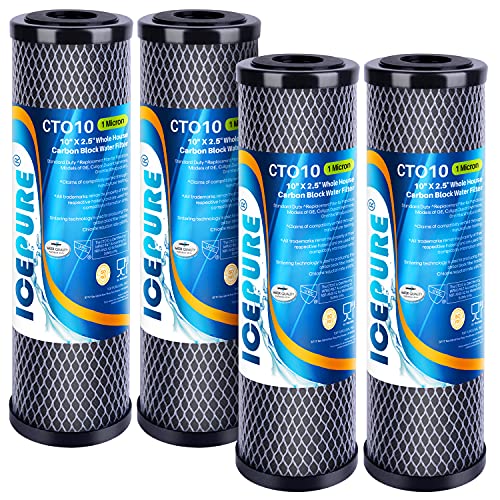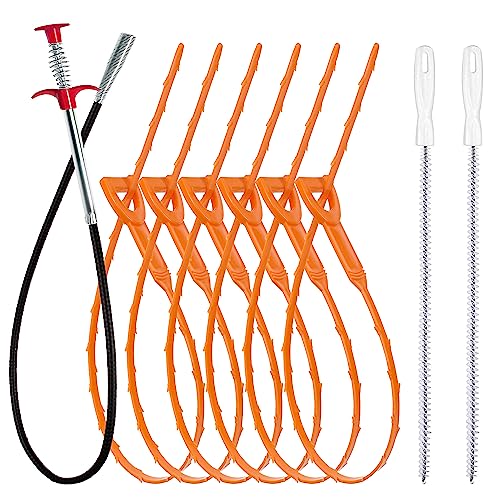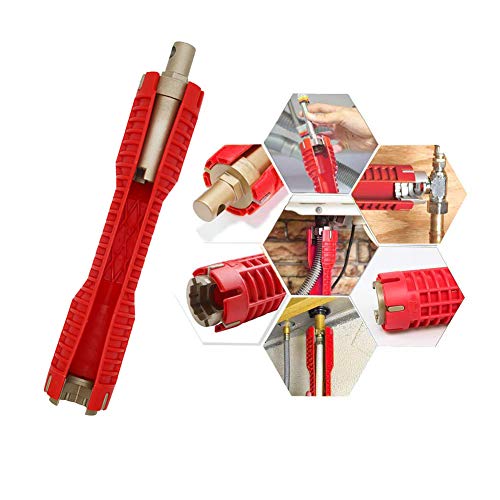uthorns1976
Well-Known Member
Our gas water heater is around 4.5 years old. I think it's a 40-gallon unit. When the water in the tank is being heated, there is a lot of rumbling and grumbling noise in the pipes leading from the hot water heater. The hot water heater is in a "closet" off the entry to our home and next to the den. I know that the rumbling and grumbling noise is from sediment in the tank. We have very hard water. Not long ago, a plumber was here to address a gas leak and he drained the hot water heater. I did not see any sediment come out when he drained the hot water heater and the noise level is the same as it was before he drained the hot water heater. At this point, what, if anything, can I do to actually remove some or all of the sediment from the tank? Thanks very much.





































![MEISTERFAKTUR drain snake 2.0 [50 FT] - with drill attachment - Ideal plumbing snake for sink and drain unblocking - Solid drain auger for real DYIs! (50 FT - 1/4 inch)](https://m.media-amazon.com/images/I/41VwmTiOsgL._SL500_.jpg)



















